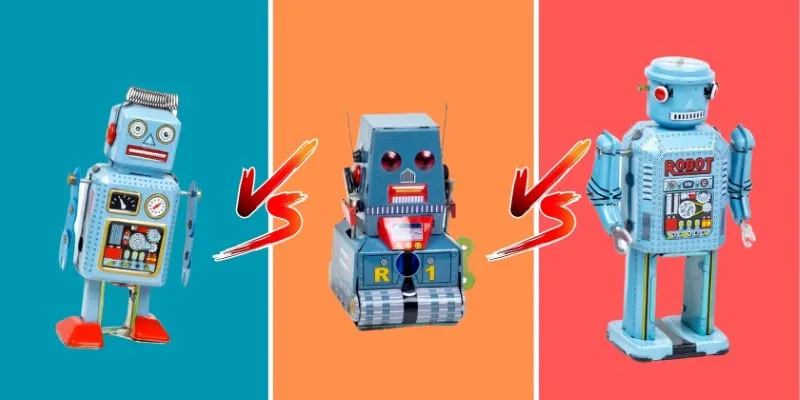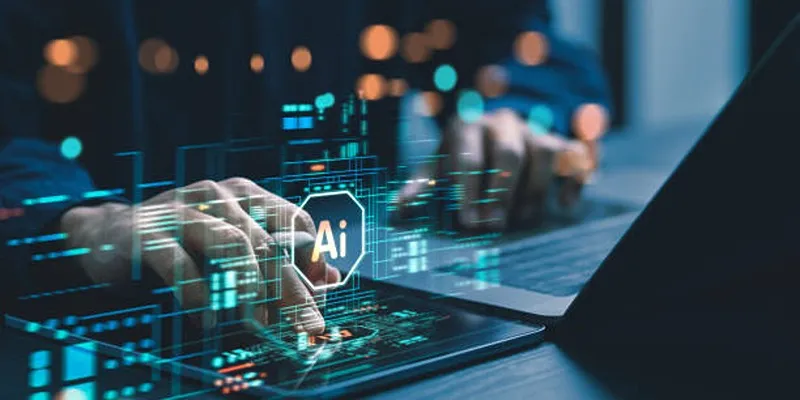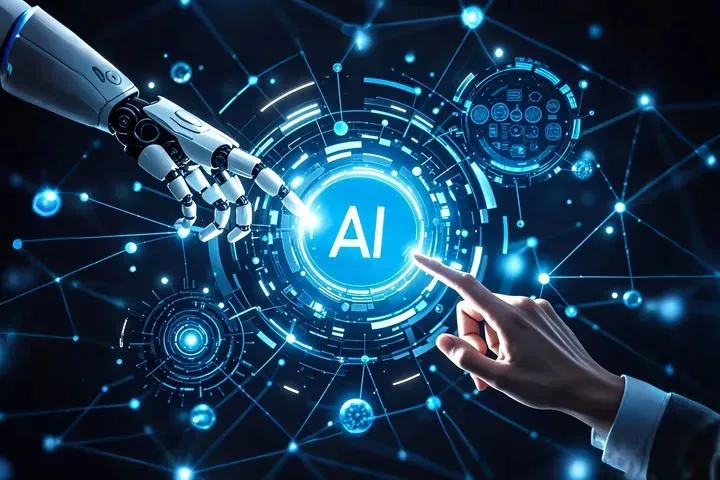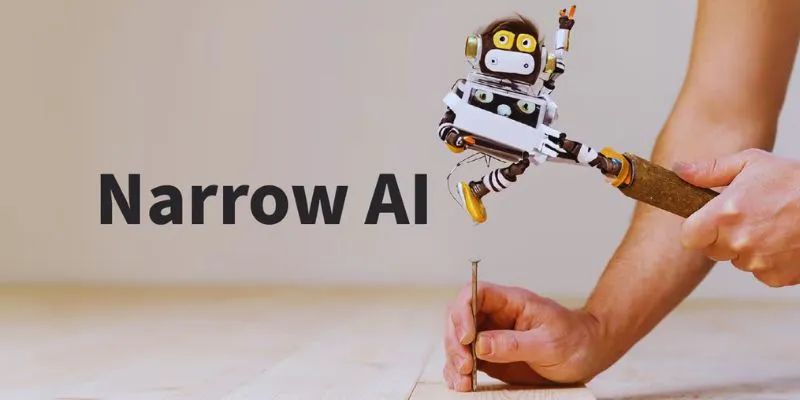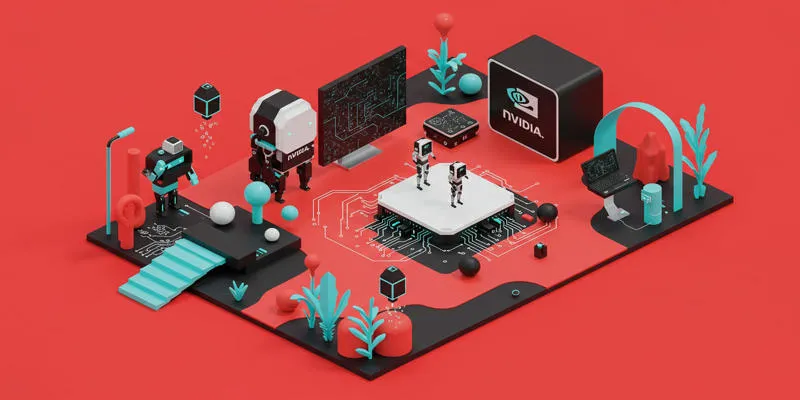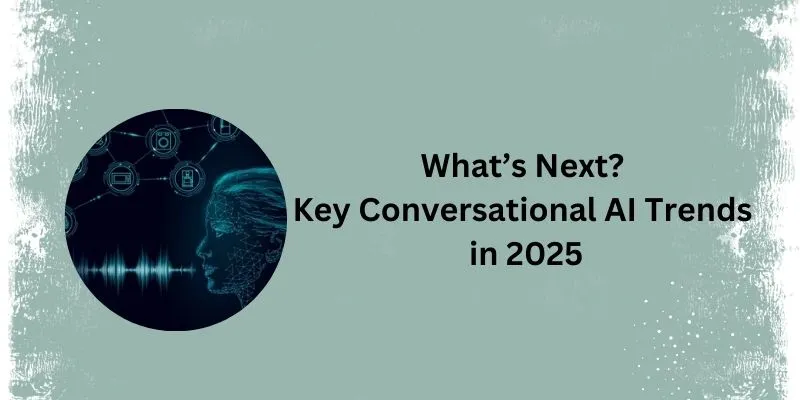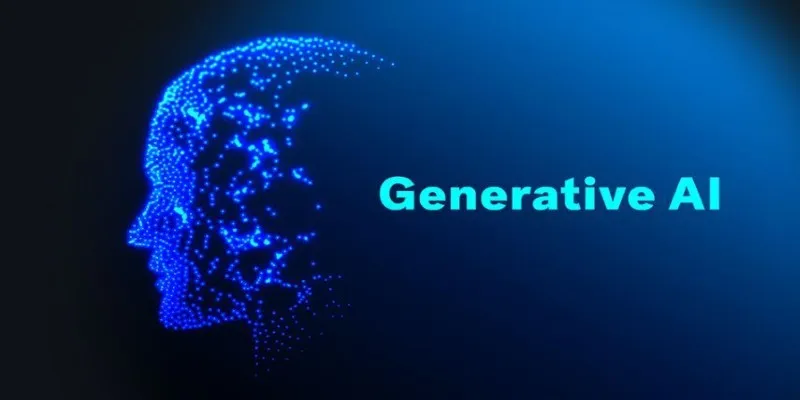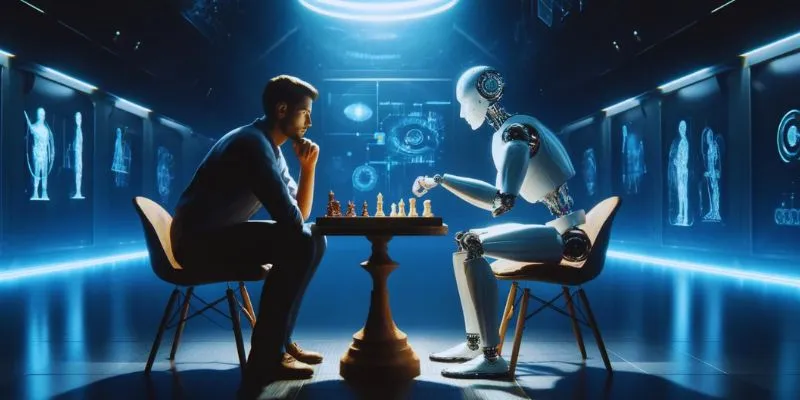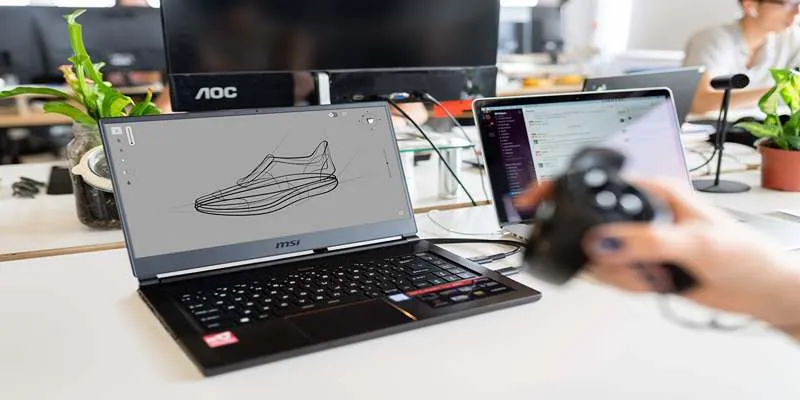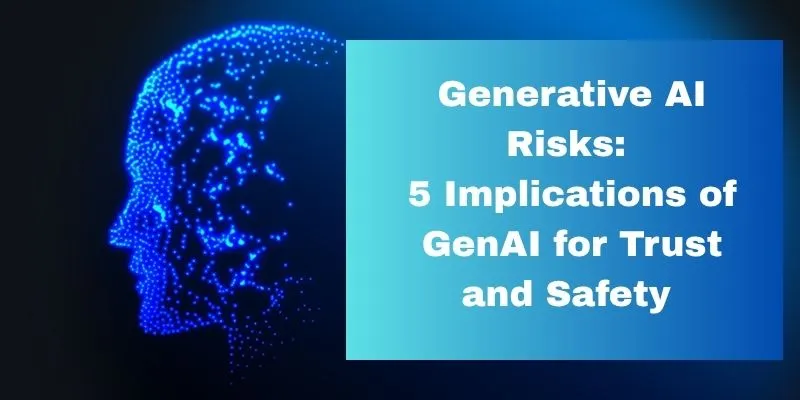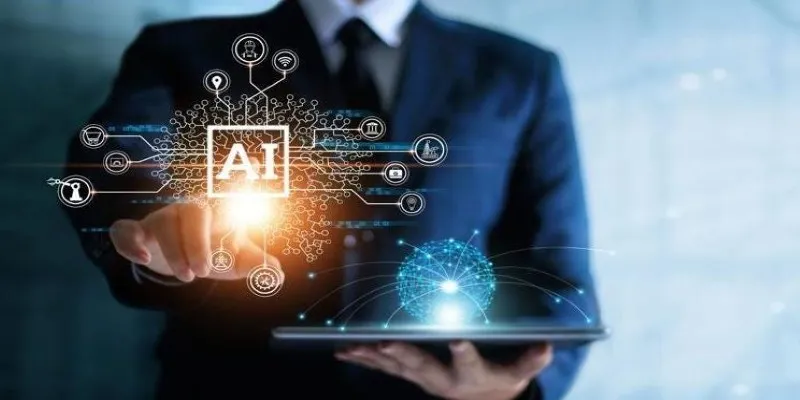The Oscars have always been a stage where emotions, talent, and opinions collide. Each year, millions debate which performances deserved the golden statue and which ones were overlooked. But in 2025, artificial intelligence (AI) is changing how those debates begin. By analyzing vast amounts of data from reviews, social media, past voting patterns, and box office numbers, AI is now making predictions that are remarkably accurate. With algorithms fine-tuned to spot trends invisible to the human eye, AI offers a new perspective on what makes a winner in Hollywood’s most prestigious ceremony.
How Does AI Read Oscars Data?
Predicting the Oscars is no longer just about following critics’ picks or relying on film festival buzz. AI models now process a combination of quantitative and qualitative inputs. Box office performance remains a significant indicator for categories like Best Picture, though not definitive. Many past winners have been small-budget, independent films that captured critical acclaim despite modest box office returns. This is where AI shines — it weighs box office numbers alongside critics’ ratings, audience sentiment on platforms like Twitter and Reddit, and historical voting tendencies of Academy members.

Natural language processing allows AI to understand not just what people say about a film but how they feel about it. Online conversations’ tone has become a powerful clue. Films like Oppenheimer or Killers of the Flower Moon, which generated heated discussions months before the nominations, saw sentiment scores tracked and factored into predictions.
For acting categories, AI analyzes prior awards season wins, such as the Golden Globes or the Screen Actors Guild Awards, to determine momentum. Historical data suggests that actors who sweep these precursors often carry that momentum into the Oscars. Yet AI also identifies when a performance could upset expectations, such as when Olivia Colman edged out Glenn Close in 2019 — a scenario the algorithms now flag as statistically plausible when sentiment and votes diverge.
The 2025 Oscar Front-Runners According to AI
This year’s Best Picture race is unusually close. AI models show a neck-and-neck battle between a character-driven indie and a big-budget biopic. The indie film gained attention at Sundance and maintained its momentum through the festival season, while the biopic’s lead actor is dominating predictions for Best Actor. The algorithm assigns a narrow probability edge to the indie, based on the Academy’s tendency to favor originality and emotional storytelling over spectacle.
In the acting categories, AI highlights performances with wide appeal among both voters and audiences. For Best Actress, a veteran performer in a quiet period drama is predicted to lead, as her performance resonated critically and trended highly in audience sentiment analysis. For Best Supporting Actor and Actress, AI points toward breakout performances in films that may not win Best Picture but left a memorable mark on audiences and critics alike.
Best Director predictions lean toward the filmmaker behind the indie favorite, thanks to a track record of winning directing accolades in other awards ceremonies and a strong narrative around their creative vision. AI also suggests that the directing and Best Picture wins might split, reflecting a pattern seen in recent years.
Strengths and Limitations of AI Predictions
The precision of AI comes from its ability to crunch vast amounts of information humans cannot process quickly. It considers thousands of variables, from the demographics of Academy members to how campaigns shift the conversation in the final weeks. Often, it highlights emerging favorites days or even weeks before human pundits catch on.

However, predicting the Oscars is still partly an emotional exercise. AI can measure sentiment but cannot fully grasp the cultural and political undercurrents that sometimes sway voters. Campaign narratives — like honoring an overdue veteran or responding to social issues — play an outsized role in shaping results. Algorithms also struggle with surprise, as voters occasionally choose unconventional winners to defy expectations.
AI predictions are best viewed as probabilities rather than certainties. When an AI model shows a film with a 65% chance of winning Best Picture, it does not mean the race is over, just that it’s favored based on current data. Human voters, however, have shown a penchant for unpredictability, making the Oscars as much about instincts and feelings as about trends and statistics.
What AI Means for the Future of Awards Season
AI’s growing role in predicting Oscars winners is already changing how people watch the race unfold. Fans now follow prediction models almost as closely as they follow trailers and reviews. Campaign managers use data from these models to tweak their strategies, identifying which narratives resonate most and which voters might still be persuadable.
It has also sparked conversations about how much weight we give to data versus passion in celebrating art. Movies are emotional experiences, and while AI can map trends, it cannot replace the subjective feelings that make a film resonate with each viewer. Yet, for those who love awards season drama, AI adds another layer to the spectacle, offering insights, fueling debates, and raising the stakes as the big night approaches.
The Oscars in 2025 may not be decided by machines, but the influence of artificial intelligence on predictions is undeniable. Whether its forecasts prove right or wrong, AI has already made the conversation more informed and nuanced. Hollywood’s biggest night remains unpredictable, but now we have better tools to make sense of its twists and turns.
Conclusion
The Oscars have always been about storytelling, not just on screen but in how winners are chosen and celebrated. Artificial intelligence brings a fresh perspective to this story, offering informed predictions based on patterns and data we often overlook. In 2025, AI predictions are shaping how fans and pundits alike follow the awards season, but they haven’t removed the thrill of surprise. At its heart, the Academy Awards remain a human event — full of emotion, unpredictability, and moments no algorithm can fully anticipate. AI might guess the winners, but it’s the human connection to cinema that keeps the Oscars special.
 zfn9
zfn9





